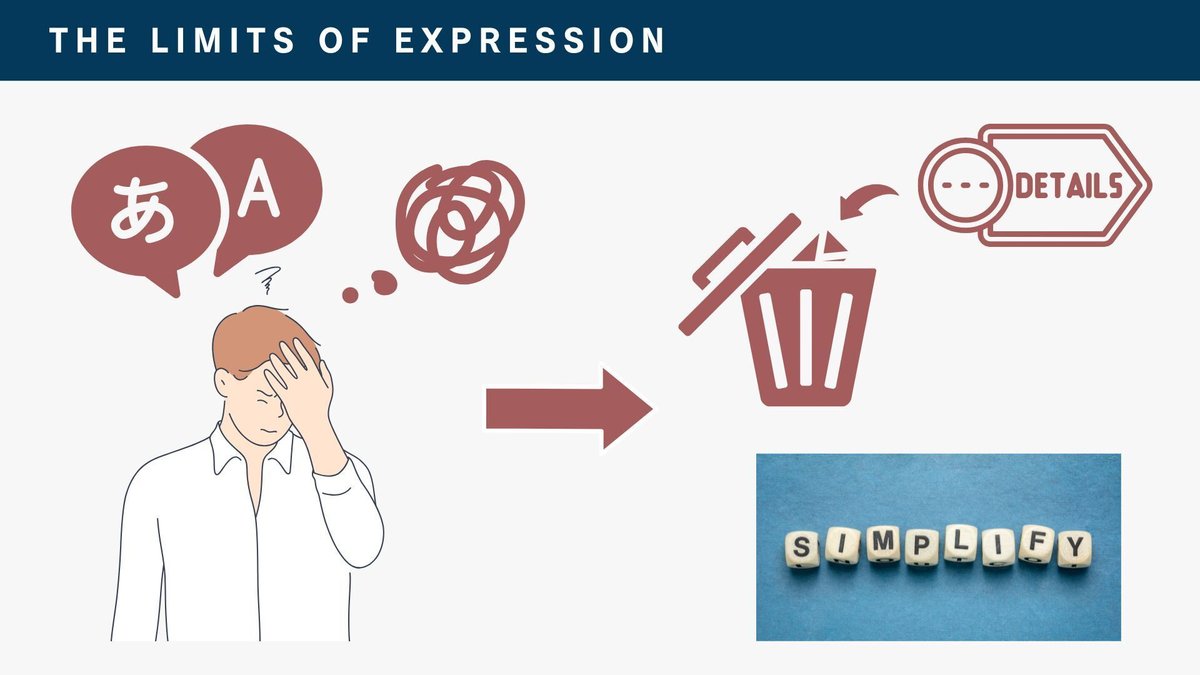
#16 Considering the Power of Language: Through 1984 and My Story
This year, I finally read George Orwell's 1984. Have you read it too?
It had been sitting in my Amazon recommendations for a long time, but for some reason, I couldn’t bring myself to pick it up. However, during a casual conversation, someone mentioned the book, and that finally gave me the push I needed to start reading it.
And wow, what a surprise! The story’s setting was so fascinating, and it made me think about why learning advanced grammar and vocabulary is so important for language studies. I’d love to share some of these ideas with you!
Quick Overview of the Story
For those who haven’t read the book yet, here’s a brief summary to help you follow along with the rest of this article.
George Orwell's novel 1984 is a landmark work of dystopian fiction that has left a deep impression on many readers. Set in a future society ruled by totalitarianism, the story portrays the struggles of its protagonist, Winston, as he seeks freedom in a world dominated by strict control and surveillance.
One of the most striking aspects of the novel is the fictional language called Newspeak. This language is deliberately designed to reduce vocabulary, significantly limiting the range of expression compared to traditional language, known as Oldspeak. The purpose of Newspeak is clear. It is to make it physically impossible for people to hold rebellious or anti-establishment thoughts. The novel depicts a terrifying system that seeks to control thought itself by narrowing the scope of language.

The Limits of Expression with Limited Words and Grammar
While reading 1984, I often found myself drawing parallels between the novel’s concepts of Newspeak and Oldspeak and my own experiences. Since moving to Singapore, I’ve frequently struggled to express myself in English the way I would in Japanese. Ideas that I could easily express in Japanese often become difficult to convey when my English vocabulary and grammar fall short. This forces me to simplify my thoughts or resort to roundabout expressions.
As a result, the meaning I want to convey sometimes feels incomplete, or conversations end up becoming unnecessarily long. In the end, I may succeed in getting my main point across, but the finer nuances, emotions, or tone of what I want to express are often lost.
It occurred to me that this is similar to how Newspeak functions in 1984. My current level of English feels like a kind of reduced-resolution tool for communication, lowering the precision of my thoughts, much like how Newspeak restricts expression in Orwell's dystopian world.😂

The Importance of Expanding Vocabulary and Grammar
Through this experience, I’ve come to truly appreciate the power of language. While it’s admirable to make an effort to communicate using limited vocabulary and grammar, I think being able to express yourself more clearly requires a stronger foundation in language.
With more advanced vocabulary and grammar, we can express our thoughts and feelings more clearly. This makes it easier for others to understand us and improves the quality of communication, leading to more meaningful interactions.
Let’s Think About Japanese Grammar in Detail!
In Japanese grammar, there are many ways to express the different stages of an action using a single verb. For example, in English, the verb “eat” can be used in various forms like “I will eat,” “I am eating,” or “I ate,” each indicating a different stage. Japanese grammar offers similar richness, allowing for precise and dynamic expression.
Now, let’s imagine a race commentary! Pay attention to how different forms of the verb “走る(to run)” are used. Depending on your knowledge of grammar, the sense of action, excitement, and emotion you can convey changes dramatically.
Commentary with Basic Japanese Grammar
・「さあ、今からレースが始まります!もうすぐ選手たちが走ります!」
"Okay, the race is about to start! The runners will run soon!"
・「レースが始まりました!おお、早いですね!田中選手が1番前を走っていす。」
"The race has started! Oh, they’re fast! Tanaka is running at the front."
・「もうすぐゴールです!おお!今、田中選手がゴールしました!よく走りましたね!」
"The finish line is close! Oh! Tanaka has just crossed the finish line! He ran well!"

Commentary with Intermediate-Advanced Japanese Grammar
・「さあ、いよいよレースが始まります!選手たちはスタートラインに立ち、走ろうとしているところです!」
"Okay, the race is finally about to begin! The runners are standing at the starting line, getting ready to run!"
・「スタートの合図が鳴りました!選手たちが走り始めました!」
"The signal has gone off! The runners have started running!"
・「田中選手が今トップを走っています。いいペースですね!」
"Tanaka is now running in the lead. He’s keeping a good pace!"
・「もうすぐゴールです!おお!今、田中選手がゴールしました!見事にレースを走り終えました!」
"The finish line is close! Oh! Tanaka has just crossed the finish line! He has finished running the race!"
・「この厳しいレースを見事に走りましたね!」
"He has run through this tough race beautifully!"

What do you think? Basic-level expressions have fewer variations and feel somewhat "digital." Because of the limited options, actions must be expressed in broad, simplified terms, which can leave a plain and unexciting impression.
On the other hand, with intermediate-advanced level expressions, there is a greater variety, giving them a more "analogue" feel. Each phrase connects smoothly, allowing us to imagine the flow of movement more vividly.
If your goal is simply to convey facts, then Basic expressions work perfectly fine. However, if you want to add emotion and deliver a sense of excitement or inspiration, intermediate-advanced grammar becomes essential.
Summary
As I wrote this article, I felt like I was encouraging myself to push harder in my own English studies. It made me realise that I, too, need to put in more effort.
For those who struggle to stay motivated with language learning or are looking for a new reason to keep going, I hope the ideas in this article can serve as a spark to inspire you.
Thank you for reading!
